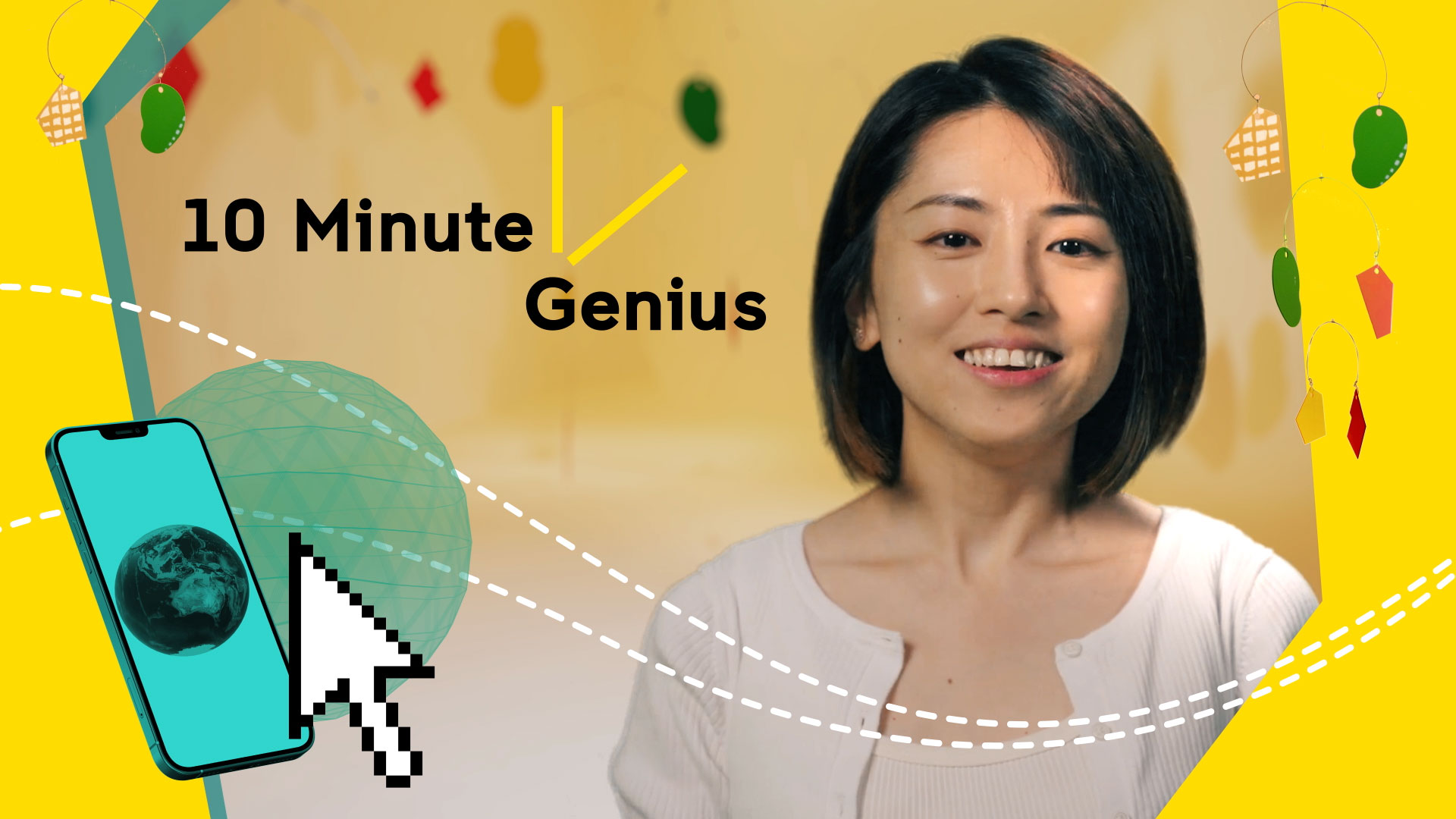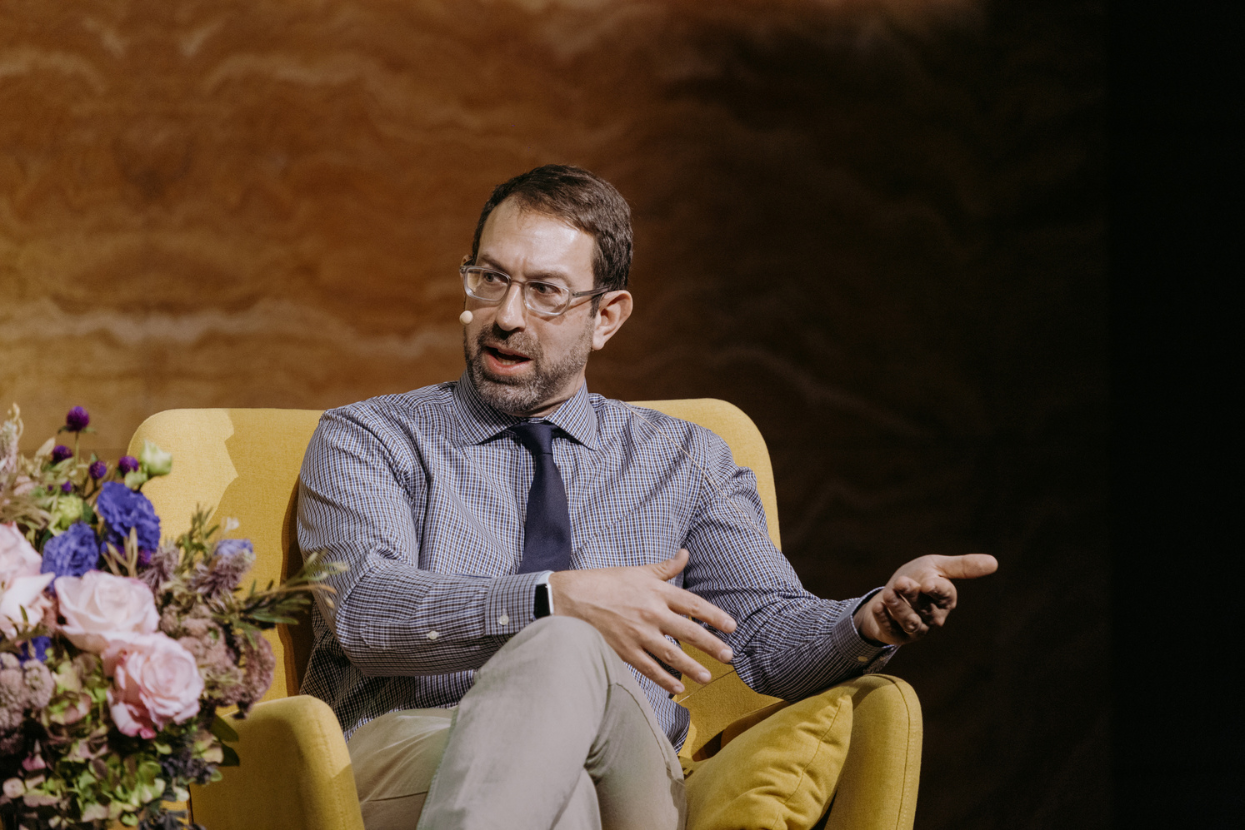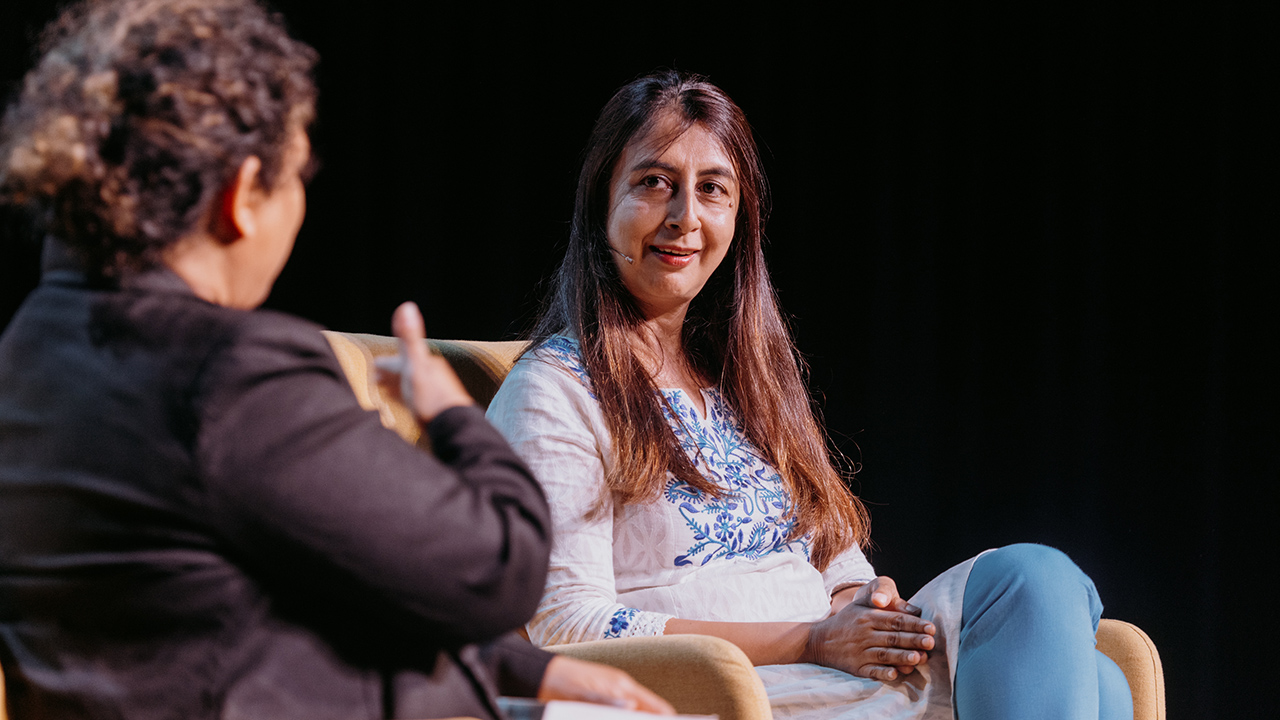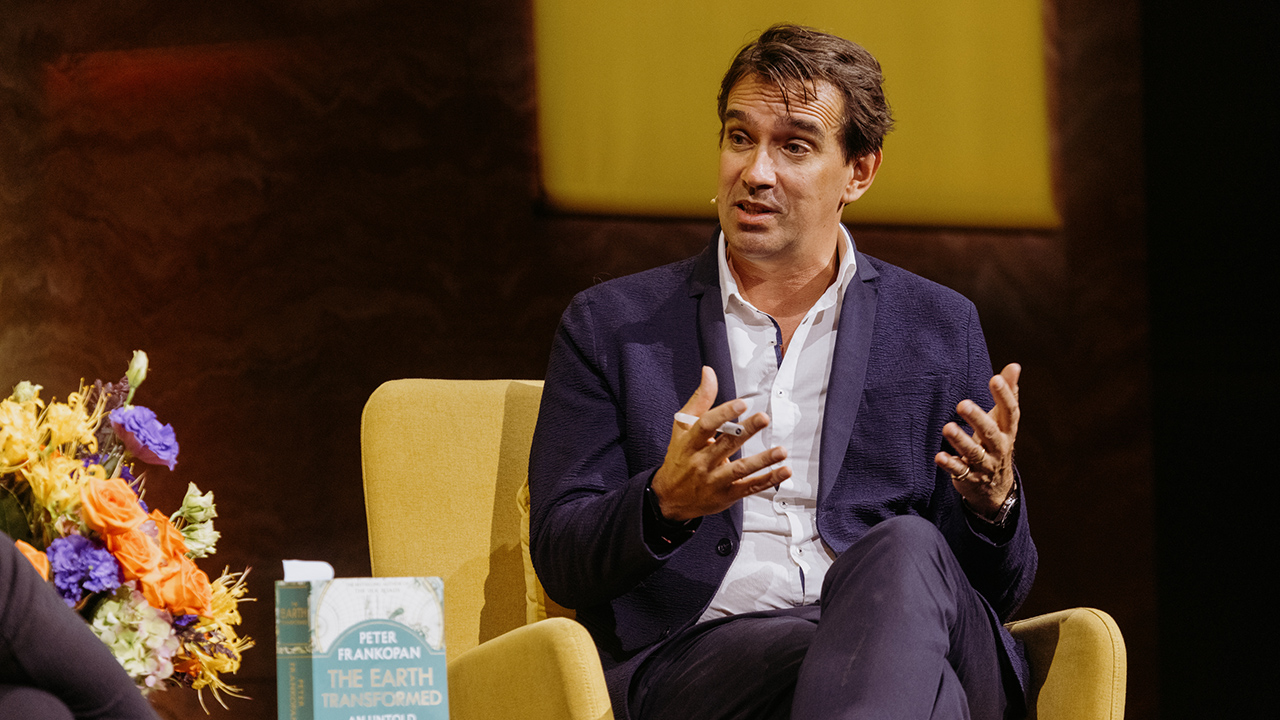Yenni Tim | We Are All Influencers

The things that make these social media influencers so popular is what you and others give them – your time and attention.
Every second, tech companies, advertisers, and organisations are all competing for our attention. The algorithms that shape our digital world are designed to capture and keep that attention. We are spending more time than ever online – shopping, gaming, watching shows, reading news and chatting to friends, and while it feels pretty innocent, by partaking in these seemingly ordinary online activities we’re placing a whole lot of trust into the digital services we use and handing over a lot of our precious data and time. Our attention is the most valuable currency in the digital world – are we making informed and empowered choices about who and what we give that attention to? As netizens, what can we do to push for a safe, kind, resilient, and “human” digital future?
In 10 minutes or the length of time it takes to buy a pair of pants online, Yenni Tim will explain how we can use our influence to shape our digital future.
ABOUT 10 MINUTE GENIUS
In this sprawling digital age where a universe of information is accessible within seconds, it's easy to be paralysed by the simple question of where to begin.
Introducing: Ten Minute Genius, a series of short talks designed to create a space in which you can engage with new ideas. We have curated a collection of material scientists, philosophers and maths lovers to help you make some sense of this chaotic information vortex. And because you’re busy, all we ask of you is just ten minutes.
Transcript
UNSW Centre for Ideas: Welcome to the UNSW Centre for Ideas podcast – a place to hear ideas from the world’s leading thinkers and UNSW Sydney’s brightest minds. The talk you are about to hear forms part of the 10 Minute Genius series, a curated collection of UNSW’s thinkers, dreamers and envelope pushers helping you make some sense of the relentless information vortex in which we live. In under 10 minutes, or the length of time it takes to buy a pair of pants online, senior lecturer Dr. Yenni Tim will explain how we can use our influence to shape our digital future.
Yenni Tim: Our digital world is full of outside influences. Tech companies, advertisers and algorithms, it might seem like these forces are well outside your control but you have more influence here than you might think. Hi, I’m Yenni. I’m a digital resilience researcher and you, believe or not, are an influencer. In under 10 minutes, I’m going to explain why and how we can use our influence to shape our digital future. Let’s start by talking about how we interact with the digital world and how it influences us – watching this video, sending emails, shopping, online, Googling or using social media – all of these online activities means you are placing a lot of trust in the digital services you use. Companies and individuals like me right now are all competing for your attention. The algorithms that shape our digital world are designed to support them in capturing and keeping that attention, deciding who and what you give your attention to is where your role as an influencer really comes into play. You might think that online influencers are the ones spouting diet advice on Instagram or making viral TikToks. You’re right, they are influencers but they’re not the only ones.
The things that make these social media influencers so popular is what you and others give them – your time and attention. What we need to ask ourselves is, are we making informed and empowered choices about who and what we give that attention to? Because it's these choices that will decide our digital future. When I research digital resilience, what I'm looking at is our collective ability to be aware of our vulnerabilities and to take steps to prepare for potential disruptions. This include not only shocks we experienced in our offline world, like the pandemic, but also the potential dark side of technological progress on our safety, privacy, and wellbeing. The good news is your power to shape the digital society that we live in is huge – being an informed netizen is your power to push back against threats in the digital world. The simple advice that you have heard over and over again, is surprisingly powerful. For example, when securing your assets in the digital world – use unique and sophisticated keys, long passphrases are a great option, you can easily compose a passphrase that will take a computer about seven quadrillion years to crack. When possible, add layers to your security, multiple keys are better than one and when you can, go keyless. Smart decisions like these can make securing our digital lives easy and manageable. Being a responsible netizen also means looking out for others. We are always part of a larger community, as an employee, in a corporate network, as a family member or friend in a social network, and a member of the Global Public Network. Our actions shape the digital environment we all share. So, share what you have learned with the people around you, especially those who are less familiar with technology, help them to participate in this digital world safely away from scams, fraud and cyber bullying. Also, the next time you browse the news, read an email or post on social media, look and think twice.
Let the flow of misinformation stop with you, show that you want things to move in a positive direction by making changes in your own life. Protecting yourselves and others from digital threats is one powerful way to use your influence, but what about the bigger picture? The major technological advances that continuously shape our lives, do we still have influence in the face of bias, algorithms, tech exploitation, and the digital divide? Yes, just like how we as consumers have been successful in demanding that brands create more ethical and sustainable products as online influences. Each of us has valuable commodities that we can draw on to push for change in the digital world.
So use your power, your knowledge, attention, and voice to vote for responsible products, services and innovation. While this might not be as simple as having a strong password, it is just as worthwhile. Our attention is the most valuable currency in the digital world, look away from platforms that only want to monetize your attention and data – advocate for alternative services that build on transparency and responsible design practices – those that prioritise product safety and data privacy. Invite people from diverse backgrounds and expertise to join you in this movement. The digital future is complex and diversity is the key to safeguarding against biases, facilitating innovation, and driving inclusive and sustainable progress
Always invest more on the people – support upskilling and adoption of human-centred processes and innovation to make doing the right things easier. Though it may seem that technology advances faster than the undesired consequences can be understood. We ultimately shape how digital products and services are designed, deployed and use, visual changes and in fact less about technology and more about people and processes. We can push for a safe, kind, resilient, and human digital future. When I think about the type of digital future I want to shape, I see a world where each of us can feel confident that we know how our information is being used, and where we can help to educate each other to build a more resilient digital community.
In the digital future I want to create, we are resilient to disruptions and empowered to benefit from new advances. We can anticipate, absorb and adapt to changes and if you're confident – to make technology work for us, I want to use my influence for a positive digital future as a fellow influencer. I hope you will join me.
UNSW Centre for Ideas: Thanks for listening. For more information, visit centreforideas.com and, don’t forget to subscribe wherever you get your podcasts.

Yenni Tim
Yenni Tim is a Senior Lecturer in the Business School at UNSW Sydney. Through her research, Yenni addresses real-world issues at the intersection of digital capacity, resilience, and societal progress. Her in-depth field studies and design research across Asia, Europe, and Australia advance our understanding on the effective design and use of digital technologies for major technological, organisational, and societal shocks, such as pandemics, disasters, digital disadvantages, environmental crises, and cyber shocks. In the education space, Yenni develops practice-informed educational innovations that expose learners to contemporary industry challenges and know-how. She is the founding director of the UNSW Sandbox Program - a platform that empowers three-way partnerships among industry practitioners, academic experts, and university students for collaborative problem solving and innovation at scale.




